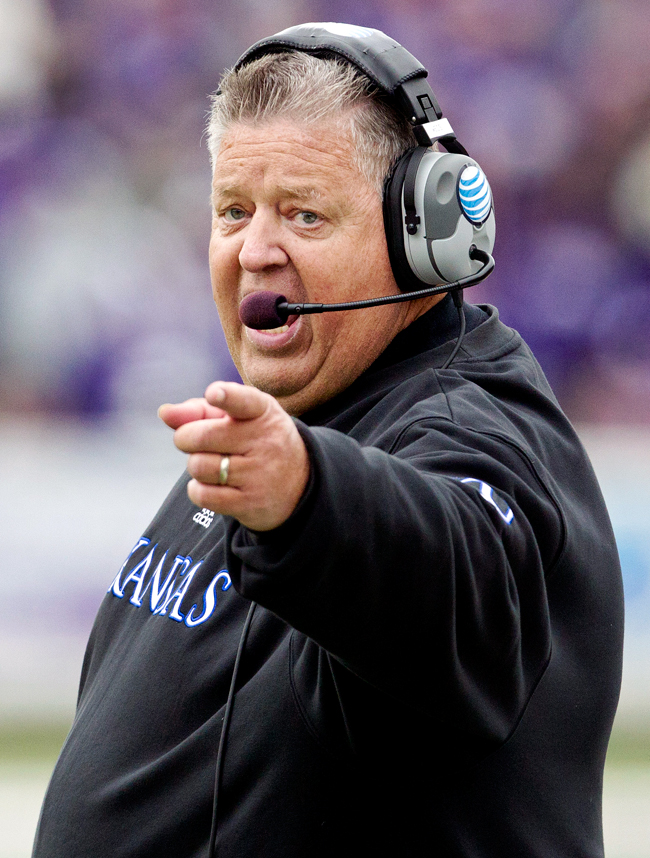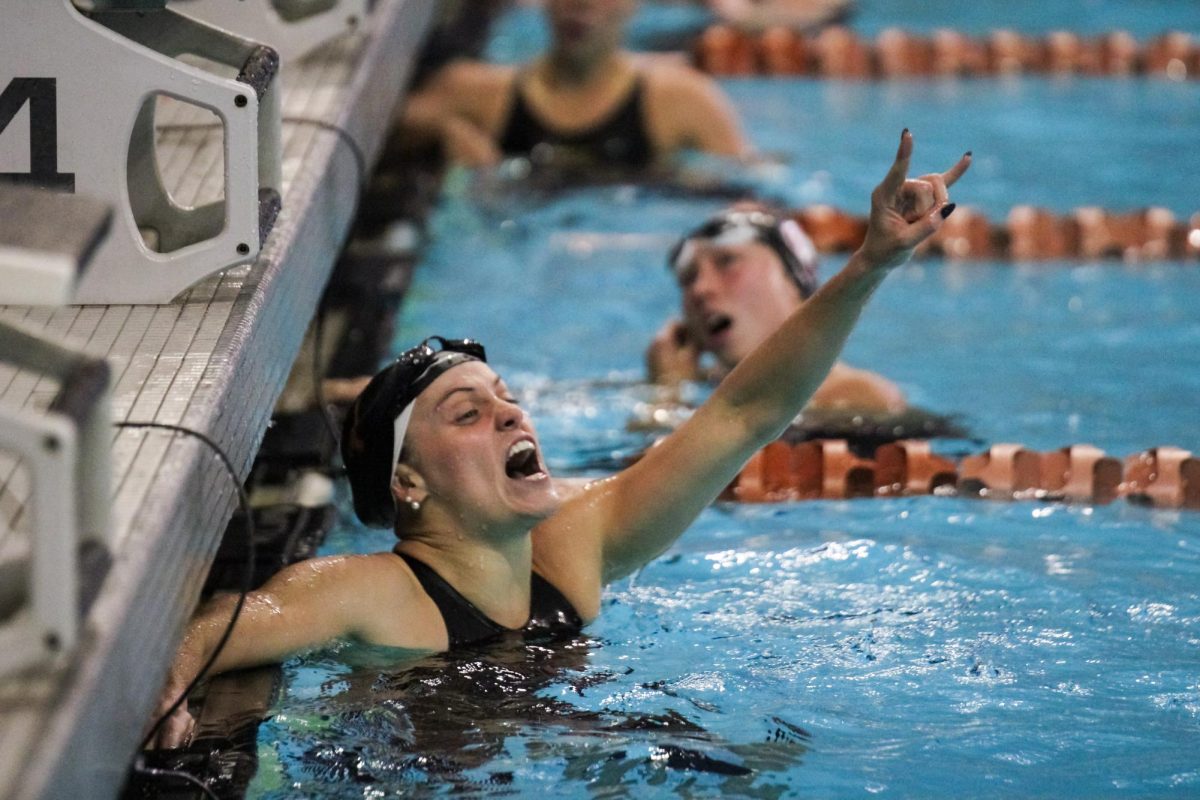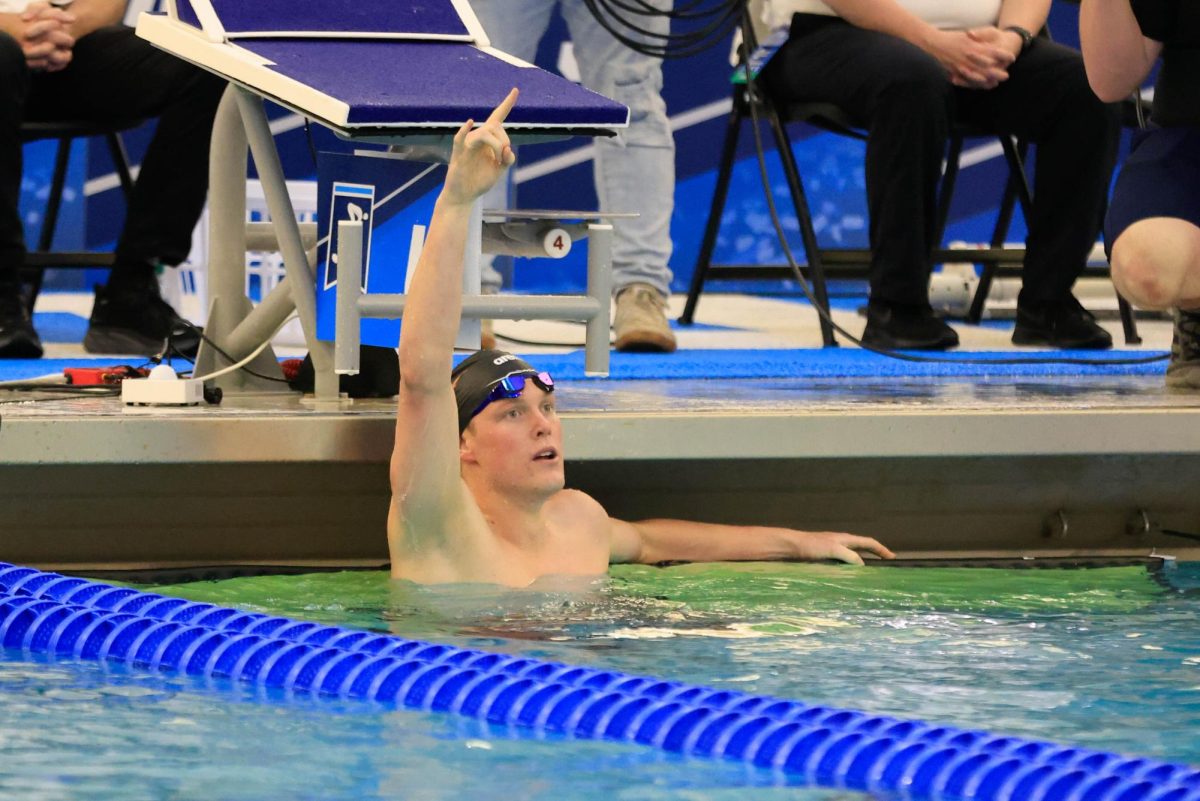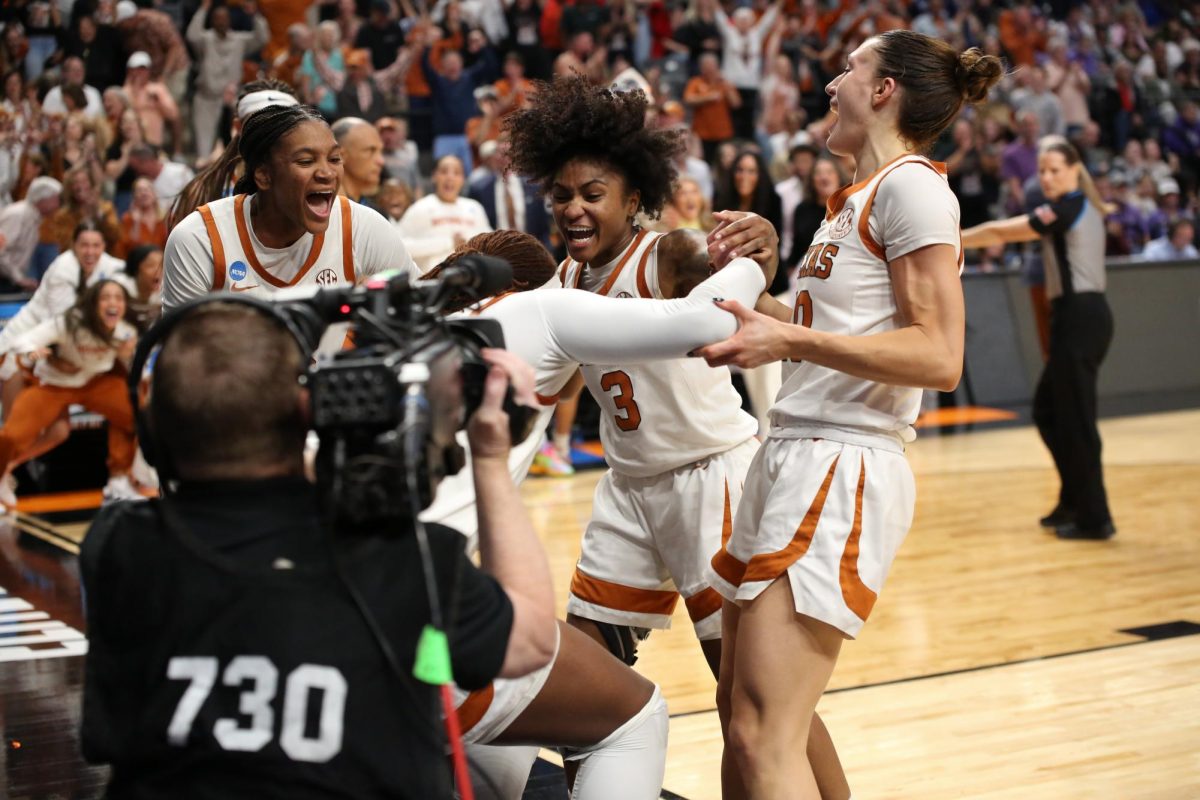In the weeks prior to his first game as Kansas head coach, Charlie Weis had intended to overhaul the entire Kansas football program and bring a certain toughness back to the team that it hasn’t seen in years.
So far, he hasn’t fared so well.
Weis’ Jayhawks have struggled to make any sort of improvement on a 2-10 record a year ago and quarterback Dayne Crist, a transfer from Weis-era Notre Dame, has now been supplanted by a redshirt freshman. Weis has publicly criticized the Jayhawk seniors, even opting to practice sans upperclassmen in hopes of ushering in a new era of Kansas football that will rely heavily on the play of the team’s younger players.
Right now, Weis’ best players haven’t even enrolled in college. The Jayhawks have 10 commitments lined up for 2013, and although this season is hardly over, Weis has to devote some time to getting playmakers to Lawrence this offseason.
“We know what we have to do with the guys that are here and we also know that we need to recruit more good players, so that we can put ourselves in a better position to win,” Weis said. “That’s what we need to do. Recruiting is the life line (of a college program). Development of your own players and recruiting, that’s it.”
A major area of concern for the Jayhawks has been the play of their special teams. Paired with a sputtering offense and sub-par defense, the Jayhawks’ special teams performances have been nothing short of disastrous. There’s only a sample size of six punts returned by the Jayhawks for a total of 62 yards to go off of, and they average a shade over 17 yards per kickoff return.
“We’ve been very inconsistent at the specialist position to start off with and a lot of times special teams get noticed more when you are not getting a lot of production out of the specialist,” Weis said.
There’s no getting around the fact Kansas has been awful through seven games. But that’s not entirely Weis’s fault.
It’s not like Kansas was a dormant powerhouse that needed a simple personnel change in order to release its full potential. Weis inherited a team in dire need of a new identity after enjoying relative success under Mark Mangino from 2002-2009. Mangino’s 50-48 record as the Jayhawks’ coach was the first time a Kansas coach had a winning percentage above .500 since some guy named Jules did it from 1948-1953. Weis was able to assemble a decent coaching staff to aid in the recovery process, coaxing defensive coordinator Dave Campo to return to the college coaching ranks and shipping in Notre Dame’s old recruiting coordinator in Rob Ianello to handle the Jayhawks’ recruiting.
Ianello was able to bring in the likes of Jimmy Clausen and Golden Tate during his time at Notre Dame and if Kansas is to be competitive any time soon, he will need to draw similar players to Kansas. Weis will instill his principles of toughness and run-first football in due time, but he needs help from his players on the field. As of now Kansas lacks the spark needed to stay in games and that’s not changing by the end of this year.
“Right now clearly our greatest strength is our running game,” Weis said.” No one would refute that. So one of the things you do is, by running the
football, you build toughness within your team and you don’t put your defense out on the field nearly as much as they would be, so it’s part of the growing process.”
Weis has the credentials to back up his boisterous persona, which at times makes him come off as arrogant or grumpy, but the truth is that it’s hard not to be in a bad mood when there’s so much work that needs to be done to restructure the Kansas program. Like any rebuilding process, this one will take time, — lots of it. It all starts with purging the program of individuals who aren’t willing to contribute to the team’s future and bringing in guys who not only understand the coaches’ philosophies, but can carry them out when it matters. Until Weis can consistenly field a competitive team with players who can step up against any opponent, his time in Lawrence will continue to be frustrating.
Printed on Friday, October 26, 2012 as: Glaring lack of talent impedes Weis' plan















